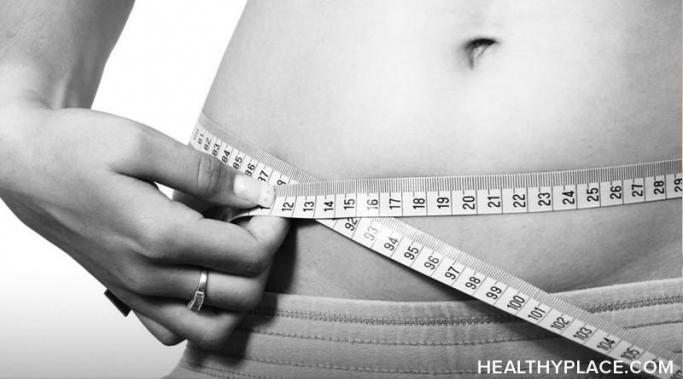Blogs
Most people don't know what life with disruptive mood dysregulation disorder (DMDD) is like. But if your child is perpetually angry and irritable or you walk on eggshells for fear of triggering terrifying outbursts, these behaviors may point to disruptive mood dysregulation disorder, a childhood mood disorder that can lead a child and his or her parents on a scary and frustrating journey.
One of the most important ways I have learned to deal with triggers in addiction recovery is using the H.A.L.T. acronym. If you have been to treatment for addiction, then you likely know what I am talking about. H.A.L.T. stands for hungry, angry, lonely, tired and it refers to the things that you should pay attention to when you are feeling restless, irritable or discontent. What I have learned is that when I am feeling that way, it’s probably that I am hungry, angry, lonely or tired, and that if I address the underlying feeling, then I feel better. Using H.A.L.T. in addiction recovery is a simple way to avoid triggers and get to the heart of what’s really bothering you.
Since being in eating disorder recovery and feeling well enough to start dating again, I have found that the dating scene can be difficult to navigate. Finding someone who understands what you are going/have gone through may seem like an impossible task. Here are some tips on getting back out there once you feel ready to date again in eating disorder recovery.
Many xon't know this, but a mental health community can reduce the impact of stigma. One thing that mental illness is really good at is making a person feel isolated and alone, which is a perfect way for stigma and self-stigma to thrive. There are a number of ways to combat that, such as reading more about the illness to learn the facts versus the fiction. But another way to effectively combat whatever sort of stigma comes along is to immerse oneself in a mental health community to reduce the impact of stigma and connect with others who have similar experiences.
There are many ways that fitness can help you fight mental health stigma. One of the ways people form stigmatizing beliefs about those with mental health issues is that they think they are lazy for not working or engaging in society. Mental health stigma makes people believe these myths, but myths can be busted by more individuals who have a mental illness getting healthy exercise and improving their fitness levels.
To put it bluntly, the stigma of bipolar 2 sucks!
It's truly okay to let yourself be anxious. Why? Because sometimes we all just need to allow ourselves to feel how we feel, to be okay with anxious thoughts (Letting Someone with Mental Illness Be Upset). It's even okay to express those anxious feelings. The key is how much we let ourselves be anxious.
While dialectical behavior therapy (DBT) isn't the primary treatment option for dissociative identity disorder (DID), there are DBT skills, like distress tolerance skills, that can help people manage their dissociation symptoms. These skills come in handy in a crisis or when we feel ourselves heading towards dissociation. So how do you use the distress tolerance skills of DBT for the dissociation of DID?
I blame myself for my schizoaffective disorder, in reality, I know my schizoaffective disorder is not my fault. I know blaming myself doesn't make sense—especially since I live to fight mental illness stigma (Schizophrenia, Schizoaffective Disorder, and Self-Stigma). It doesn’t make sense for a lot of other reasons as well. Here’s why my schizoaffective disorder is not my fault--and why I blame myself for it anyway.









